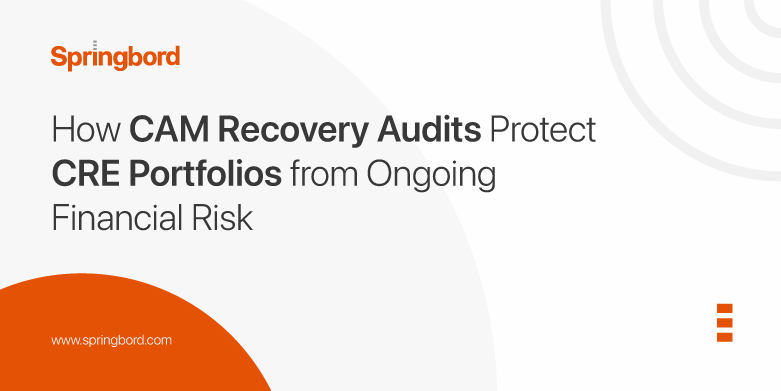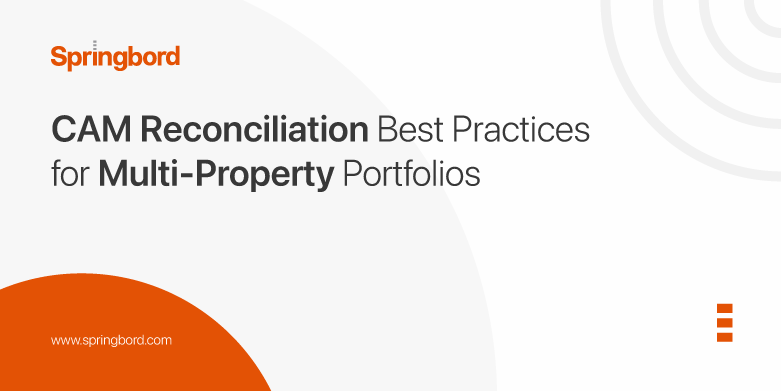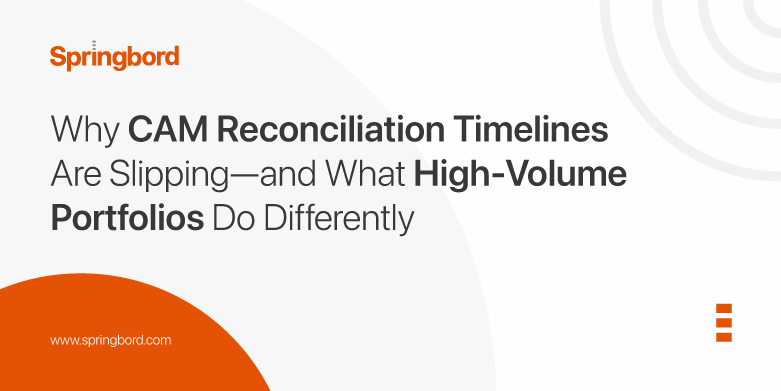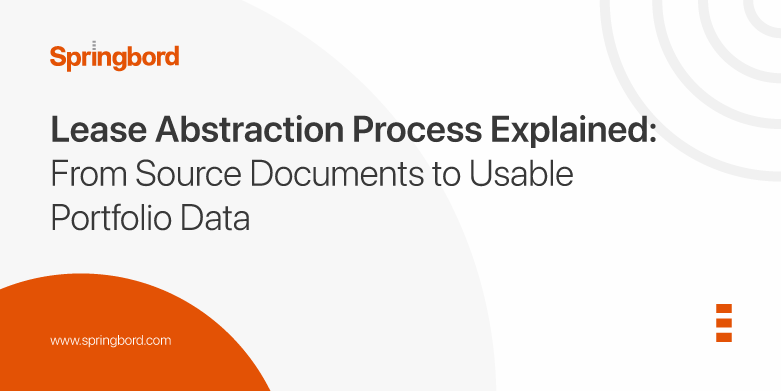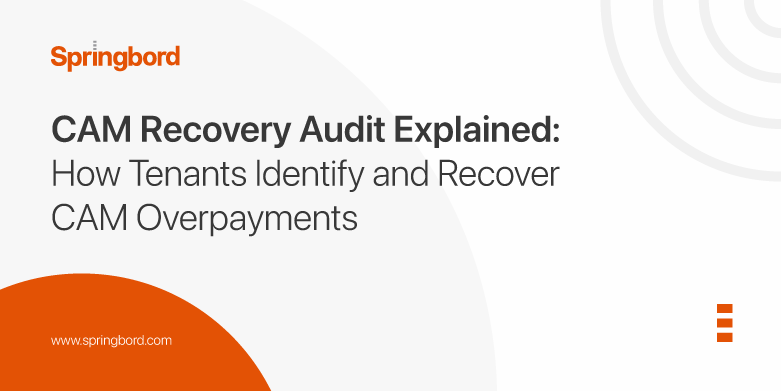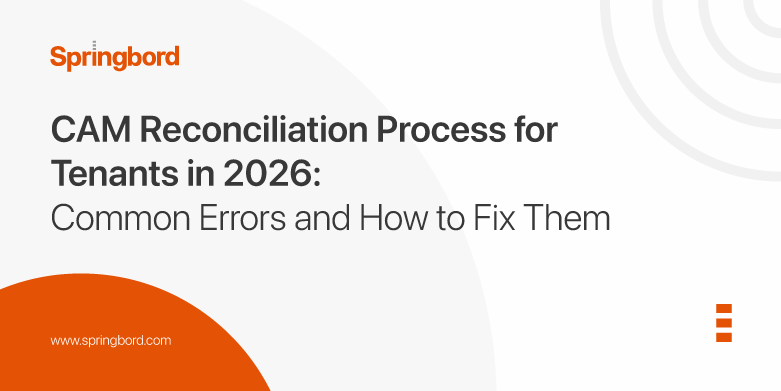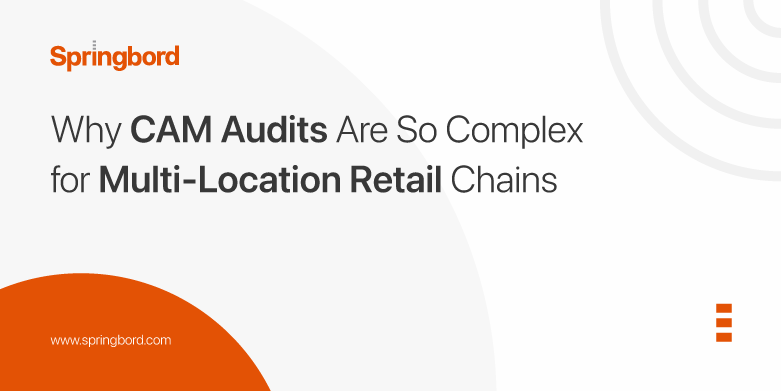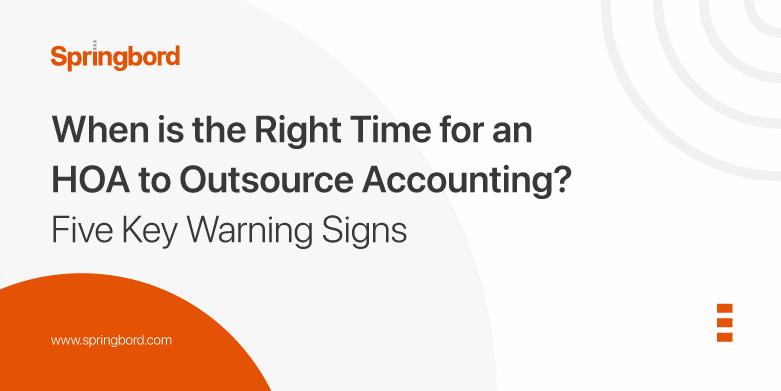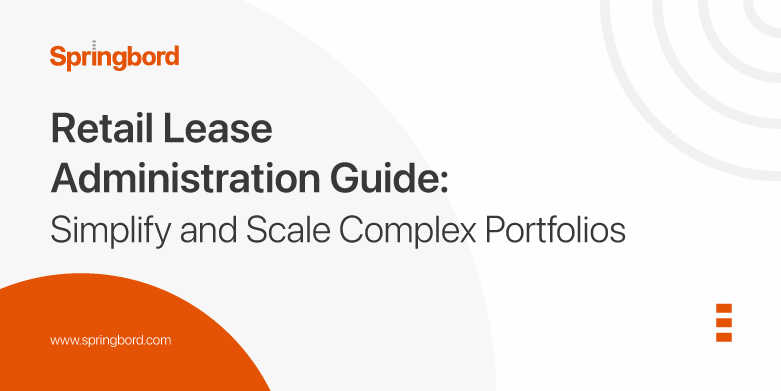For many commercial real estate portfolio owners and occupiers, Common Area Maintenance costs quietly sit in the background. They appear as annual reconciliations, supporting invoices, and summary statements that often feel too complex or time-consuming to challenge. Over time, these charges become accepted as a cost of doing business. That acceptance can be expensive. CAM
This guide outlines best practices for performing Common Area Maintenance (CAM) reconciliation for multi-property commercial real estate portfolios to ensure accuracy, efficiency, and compliance. CAM reconciliation is crucial for multi-property commercial real estate portfolios due to the high volume of data and potential for errors. Accurate CAM reconciliations are essential for businesses managing multiple commercial
This guide explains why CAM reconciliation timelines often extend beyond expectations and details the strategies high-volume portfolios employ to accelerate these processes, improve tenant billing accuracy, and mitigate audit risks. Common Causes of CAM Reconciliation Delays CAM reconciliation timelines are frequently extended due to challenges in data management, reliance on manual processes, and communication inefficiencies.
Effective lease administration after signing involves managing rental agreement provisions, security deposits, and ongoing compliance to meet landlord and tenant obligations. This process proactively addresses vacancy and renewal leases to maximize property value and minimize risk. What is Lease Administration Post-Signing? Lease administration post-signing is the ongoing management of all agreed-upon rental agreement provisions to
A CAM (Common Area Maintenance) recovery audit is a systematic review of tenant charges for shared property expenses to identify and reclaim overpayments. This specialized service examines lease agreements, invoices, and operational costs to detect billing errors, misallocations, or non-allowable charges, ensuring tenants pay only their accurate proportional share of legitimate common area expenses. What
The Common Area Maintenance (CAM) reconciliation process for 2026 involves verifying and adjusting tenant billings for actual operating expenses incurred for shared property areas, ensuring accuracy and fairness in lease agreements. This process is critical for maintaining positive landlord-tenant relationships, preventing financial disputes, and reducing audit risks. Common errors can arise from miscategorized expenses, incorrect
For multi-location retail chains, real estate is both a growth engine and a cost center. While expansion fuels revenue, managing occupancy costs across dozens, or even hundreds, of locations can quietly erode margins if left unchecked. Among these costs, Common Area Maintenance (CAM) charges are some of the most misunderstood, inconsistently applied, and difficult to
Your HOA’s financial health is paramount. Recognizing these five warning signs—escalating errors, lack of expertise, time constraints, compliance risks, and outdated systems—is crucial for deciding when to leverage outsourced finance and accounting solutions. Homeowners Association (HOA) financial management complexity increases with growth, making in-house accounting potentially unsustainable. Recognizing specific indicators is key to determining when
Retail chains operate in an environment that changes quickly and demands constant attention. Expansion plans, rising real estate costs, evolving consumer behavior, and the need for operational efficiency all create pressure on retailers to manage their lease portfolios with accuracy. What used to be treated as a simple administrative task has grown into a strategic


